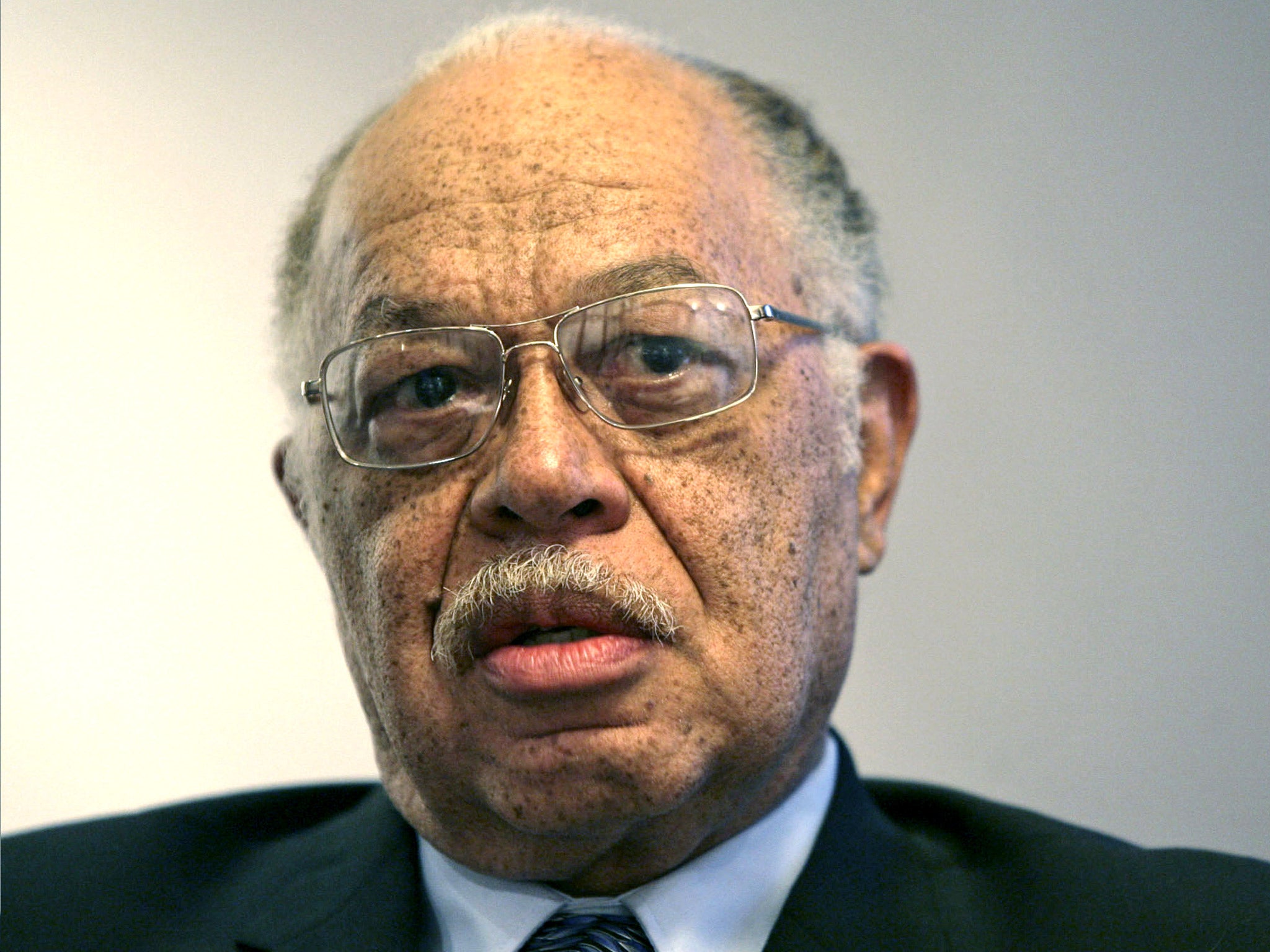The doctor, the late-term abortions and the murder case that divides America

Your support helps us to tell the story
From reproductive rights to climate change to Big Tech, The Independent is on the ground when the story is developing. Whether it's investigating the financials of Elon Musk's pro-Trump PAC or producing our latest documentary, 'The A Word', which shines a light on the American women fighting for reproductive rights, we know how important it is to parse out the facts from the messaging.
At such a critical moment in US history, we need reporters on the ground. Your donation allows us to keep sending journalists to speak to both sides of the story.
The Independent is trusted by Americans across the entire political spectrum. And unlike many other quality news outlets, we choose not to lock Americans out of our reporting and analysis with paywalls. We believe quality journalism should be available to everyone, paid for by those who can afford it.
Your support makes all the difference.At first it seemed like a grisly backwater murder trial in which a Philadelphia abortion doctor was accused of killing a number of viable foetuses and an adult patient. But the case of Dr Kermit Gosnell has now burst on to the national stage, galvanising both sides of America’s never-resolved debate about a woman’s right to choose.
After a trial that lasted five weeks and featured prosecution testimony of horrifying detail – expired babies left in shoe boxes, severed feet of foetuses preserved in glass jars – jurors last night began deliberating the fate of the 72-year-old doctor, whose mostly nocturnal clinic had for years been a venue of last resort for mostly underprivileged women seeking late-term abortions.
Conflicting narratives face the jurors, notably when it comes to the first degree murder charges relating to the four tiny victims known as Baby A, Baby C, Baby D and Baby E. Drawing on disturbing witness testimony, the prosecution said that when the normal procedure of injecting drugs into the mother failed to kill the foetuses in utero, Dr Gosnell resorted to delivering them alive and administering a fatal snip to their spinal cords with surgical scissors.
The gap both in time and physical distance between administering death in utero and outside the mother lies at the heart both of the legal case and of the passions it has stirred far beyond the courtroom, even as far as the chambers of the US Congress. Guilty verdicts could result in a death sentence for the defendant, who is also accused of third-degree murder of a 41-year-old woman who died from an overdose of drugs administered during a termination.
Edward Cameron, the lead prosecutor, told jurors on Monday that Dr Gosnell was running an “assembly line” for abortions for poor, mostly minority women. “Are you human?” he asked Dr Gosnell, “to med these women up and stick knives in the backs of babies?”
His defence contended that the movements witnesses saw in the four babies were normal post-mortem spasms, not those of a living being, and accused the prosecution of “the most extraordinary hype and exaggeration in the history of the justice system”. Dr Gosnell’s lawyer, Jack McMahon, has also raised the spectre of racism. “We know why he was targeted,” he said. “If you don’t see that... you’re living in some sort of la-la land.”
Most national media outlets steered clear of the trial at its start, possibly because of the nature of some of the testimony. But mainstream news organisations quickly faced charges of ignoring the trial not out of squeamishness, but because of a reluctance to give exposure to a case which threatened their own pro-choice, liberal biases. The point is still being contested.
“Mr Speaker, we just don’t want to look because it is so awful,” Jeff Fortenberry, a Republican from Nebraska, said on the floor of the House of Representatives. “But we have to look, and we have to recognise how deeply we are inflicting wounds upon our very selves. Women deserve better. Our Nation can do better.”
While the overturning of Roe vs Wade, the 1972 Supreme Court ruling that established a woman’s right to choose, is the final goal, the pro-life lobby is already making headway in individual states with right-leaning legislatures and governors. Arkansas and North Dakota have this year banned abortions beyond 12 and six weeks respectively. Others like Mississippi are passing laws that aim to force abortion clinics to close.
Whatever the verdicts, the trial has put the pro-choice forces on the defensive. While they have condemned Dr Gosnell, they make an opposing argument – that his is precisely the kind of dark-alley clinic that women would have to turn to if abortion was to be more tightly regulated or even prohibited again in America.
“The conditions in Gosnell’s clinic were horrific, demonstrating what can happen to women when abortion isn’t available through safe and legal providers,” said a spokesman for NARAL Pro-Choice America.
Two sides: How case divided nation
Joe Scheidler, national director of the Pro-Life Action League “Abortion is not safe, it never has been, and what happened in Kermit’s clinic is not that unusual.”
Rev Frank Pavone, director of the anti-abortion group Priests for Life "[This testimony] will help people engage and make them realise they’re not just talking about a theoretical idea.”
Ilyse Hogue, the president of NARAL Pro-Choice America “This is a peek into the back-alley days, the pre-Roe vs Wade days. It’s what too many women experienced when we didn’t provide access to safe and clean abortion services.”
Join our commenting forum
Join thought-provoking conversations, follow other Independent readers and see their replies
Comments